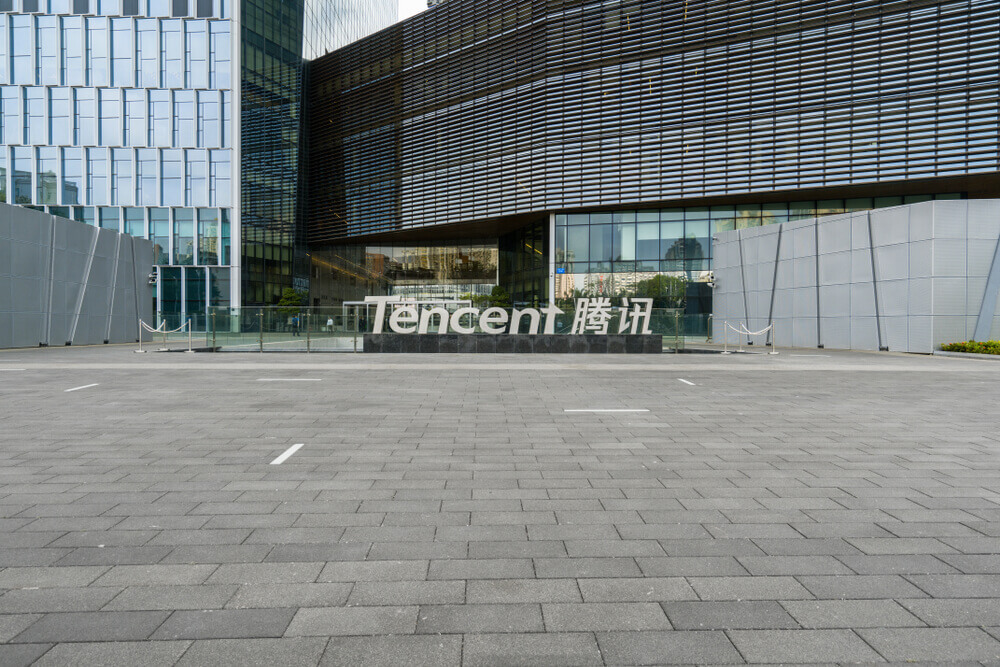
After the new rules Tencent will introduce new requirements
On August 30, China’s National Press and Publication Administration published new rules regarding video games. Kids, as well as teens under 18 years old, will be able to play online video games only for up to three hours a week. The agency wants to protect children’s physical and mental health. Main Chinese gaming stocks jumped on Wednesday in spite of new rules regarding video games.
The rules published by the agency will apply to companies providing online game services to minors. Companies won’t be able to provide services to clients who have not logged in with real-name registration. National Press and Publication Administration’s latest decision will significantly reduce the amount of time minors can play online games.
In China, there are more than 110 million miners that play video games. Because of the new rules, children will spend less time as well as money on online video games. Tencent made it clear that it will introduce new requirements and that it supports the new rules.
Chinese companies and new rules
The agency’s decision was not enough to change investors’ plans. They shrugged off concerns and continued to buy some of China’s main gaming names.
Hong Kong-listed shares of Bilibili jumped 6.25% and NetEase gained 6.42%. Shares of other Chinese companies also jumped on Wednesday. The shares of Chinese tech giant Tencent rose 1.5% for the day. Also, shares of Huya which are listed in the U.S. gained 7% on Tuesday.
Companies and analysts stated that new regulations are not likely to have a serious impact on gaming companies. In the case of NetEase, less than 1% of its revenue comes from under-18s. Gaming is the company’s biggest source of revenue. Analysts from the investment bank Jefferies said in a note that it estimates about 5% of Tencent’s gaming revenue comes from minors under 18 years old.
Regulations on the gaming sector are not now, as Chinese authorities are trying to regulate this industry for many years. For instance, regulators froze the approvals of new games which hit companies like NetEase and Tencent in 2018.
Gaming giants from China have sometimes tried to pre-empt regulators by introducing policies ahead of regulations. This summer, Tencent said it would require gamers to do a facial recognition scan on their phone to verify if they were adults.


